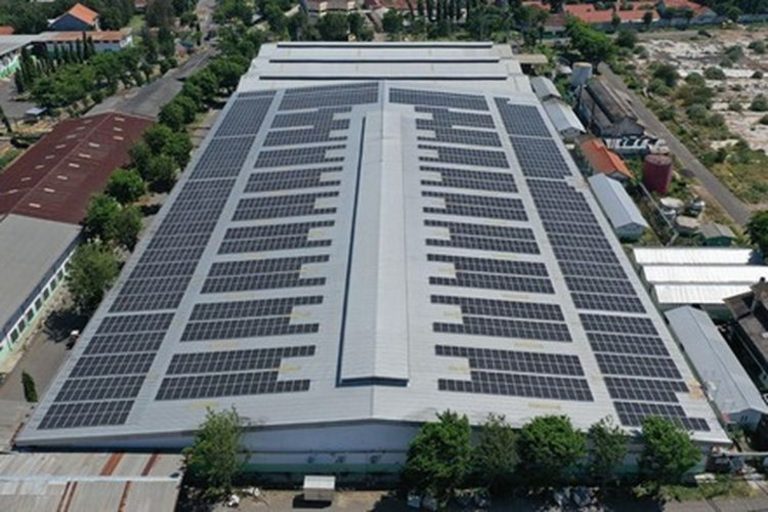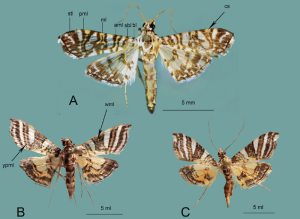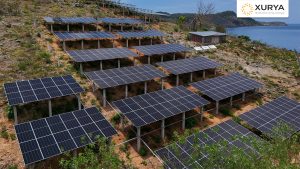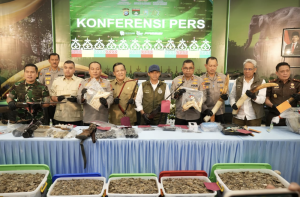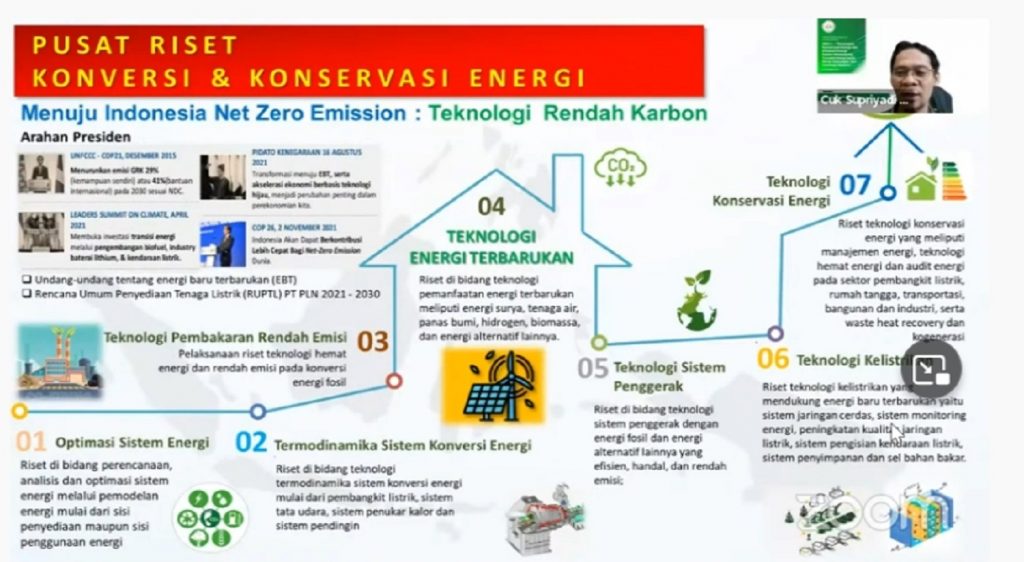
Jakarta – Indonesia identified energy efficiency as a challenge in realising net zero emissions, which the country targets to achieve by 2060, especially in commercial and industrial buildings, businesses said Tuesday (24/5).
Deputy Chairperson of the Chamber of Indonesian Entrepreneurs, Mada Ayu Habsari, said that one of the challenges in implementing energy efficiency is that many people today still don’t know the importance of it. She said, by feeling able to afford electricity, some people think simply and for the short term, not for the long term. Another challenge is that Indonesia does not yet have regulations related to energy efficiency.
“For the private sector, if a business activity is not regulated properly, we are worried that the government will see our effort. Energy efficiency has great potential for net zero emissions (NZE). However, we cannot promote it if it is not regulated,” said Habsari in the webinar ‘Efforts to Implement Energy Conservation and Energy Efficiency in Supporting the Energy Transition’ held by Chakra Giri Energi Indonesia.
Deputy chairman of the Indonesian Solar Energy Association (AESI) added that low electricity tariffs in Indonesia also affect energy efficiency. Currently, actual electricity tariff or its economic price has not been reflected, causing people to be “relaxed” in using electricity.
“(The government) mentioned recently that there will be an increase in electricity rates, I think energy efficiency will be very popular because everyone will compete to save money,” said Habsari, who is also the founder of PT Enertec Mitra Solusi, a company engaged in renewable energy and energy efficiency.
She said that her organisation, which received foreign grants, would build an energy efficiency ecosystem in Indonesia in an effort to answer the various challenges faced. On the other hand, Habsari also encourages the government to provide incentives so that many people will be enthusiastic in supporting it and create a pilot project in energy efficiency so that others can imitate it.
Head of the Research Center for Energy Conversion and Conservation at the National Research and Innovation Agency (BRIN) Cuk Supriyadi Ali Nandar said, globally the largest or 65 percent of greenhouse gas emissions are contributed by CO2 which is used from fossil fuels and industry, while 16 percent from methane gas and 11 percent of CO2 from agriculture and forestry.
Nandar said, as a research centre for energy conservation, his organisation carries out energy audits, energy management, AC testing lab, as well as air emission testing, and the performance of pollution control tools. Through energy audits, it is possible to identify areas with potential savings, which can then also be analysed comprehensively in order to increase energy efficiency which requires large funding. (Hartatik)
Banner photo source: Utomo SolaRUV

